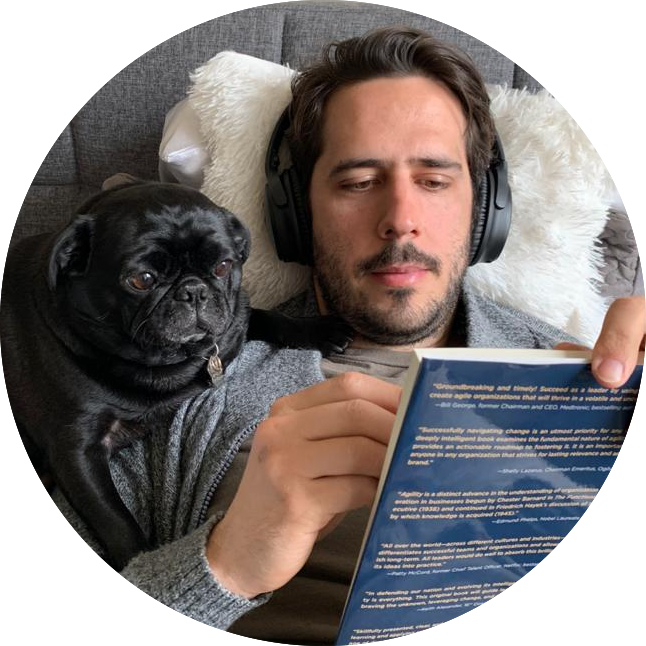NLP
"Embedding Regression: Models for Context-Specific Description and Inference" (with Spirling, A. and Stewart, B.), under peer review. (link).
"Word Embeddings: What works, what doesn't, and how to tell the difference for applied research" (with Spirling, A.), forthcoming in the Journal of Politics, 2021 (link).
Cognitive Modeling/Machine Learning
"Comparing Models of Semantic Search in Concrete and Abstract Categories" (with Halpern, D.) , PsyArXiv 2018 (
link).
"Partisan Representations: Partisan Differences in Semantic Representations and their Role in Attitude Judgments" (with Halpern, D.), CogSci 2018 conference proceedings (
link).
Networks
"From Chatter to Action: How Social Networks Inform and Motivate in Rural Uganda" (with Larson, J. and Lewis, J.), forthcoming in the British Journal of Political Science, 2021 (
link).
"More is Not Necessarily Better: The Attenuating Effect of Aggregating Networks" (with Larson, J.), 2018 working paper (
link).
Lab Experiments
"Taxes, Windfalls and Accountability: The Role of Property Rights" (with Bernabel, R.), 2015, working paper (
link).
Causal Inference
"Taking the Easy Way Out: How the GED Induces Students to Drop Out of School” (with Heckman, J., LaFontaine, P. and Humphreys, J.E.), Journal of Labor Economics, 2012, Vol. 30, n. 3 (
link).
Venezuela & LATAM
"Backsliding by Surprise: The Rise of Chavismo" (with Kronick, D. and Plunkett, B.), 2021, under peer review (
link).
"El petróleo como instrumento de progreso: una nueva relación Ciudadano-Estado-Petróleo" (with Rodríguez, L.R.), IESA Press, currently on its 2nd edition, 2012. (Translation: “Oil as an Instrument for Progress: A New Citizen-State-Oil Relationship”) (
link).
"Direct Distribution of Oil Revenues in Venezuela: ¿A Viable Alternative?" (with Monaldi, F. and Morales, J.R.), Center for Global Development Working Paper 306, 2012 (
link).
“De subsidiados a propietarios: replanteando el subsidio a la gasolina”, chapter in “Venezuela 2015: Economía, Política y Sociedad”, edited by Ronald Balza, UCAB Press, 2015. (Translation: “From Subsidy Recipients to Proprietors: Rethinking the Gasoline Subsidy”) (
link).
“Panorama de los sistemas financieros en América Latina: avances y desafíos” (with Arreaza, A.), chapter in “Servicios Financieros para el Desarrollo: Promoviendo el Acceso en América Latina”, edited by Corporación Andina de Fomento (CAF), 2011. (Translation: “Outlook of Latin America’s Financial Sectors: Progress and Challenges) (
link).
"La inflación en Venezuela: marco institucional y un modelo VAR”, Revista BCV N°2/2009.
(Translation: “Inflation in Venezuela: Institutional Framework and a VAR Model") (
link).
